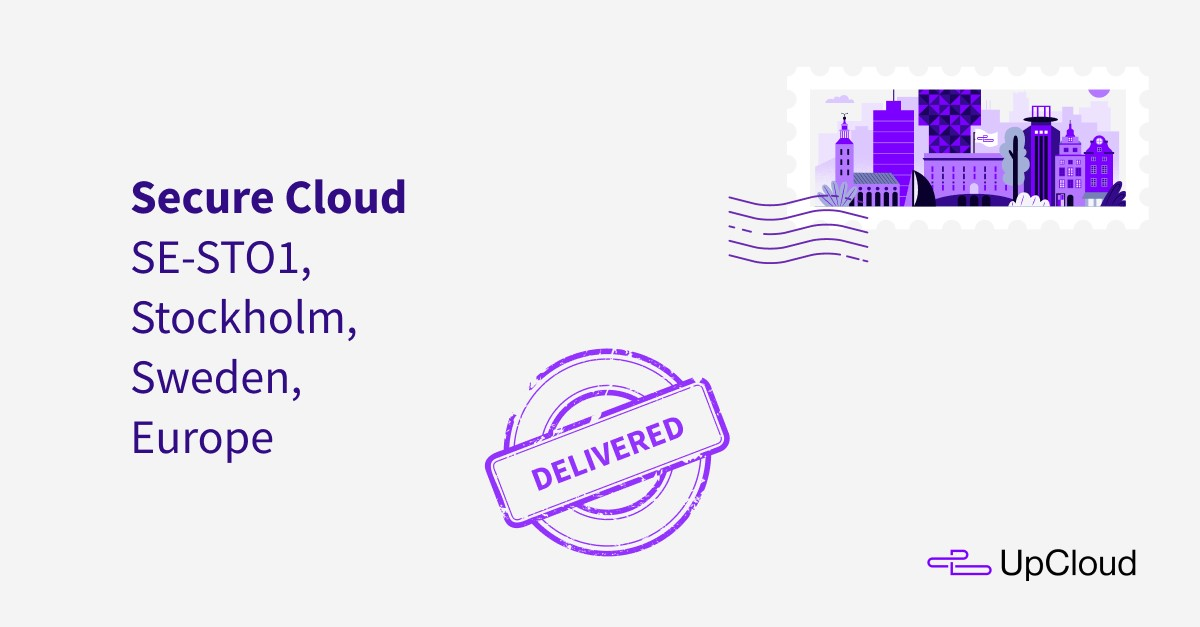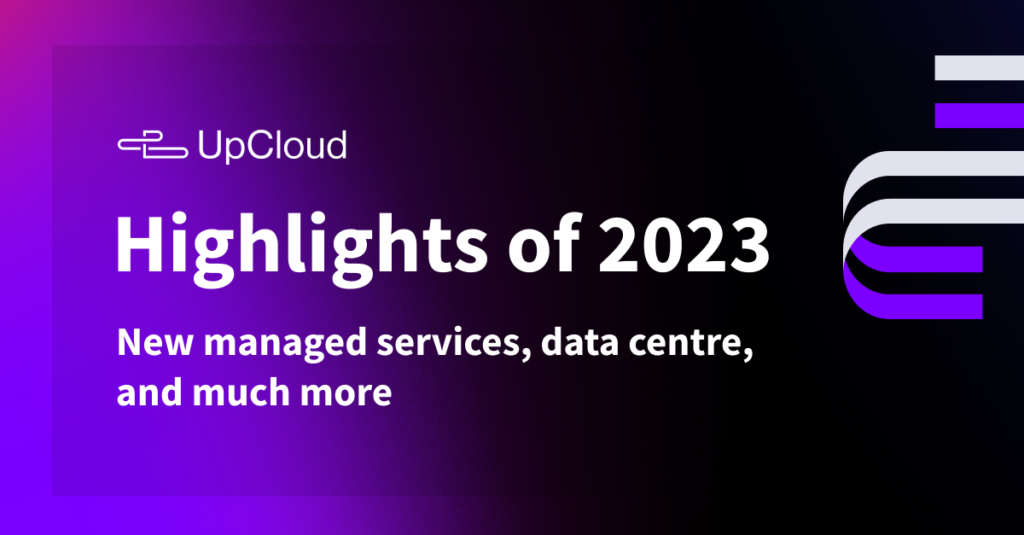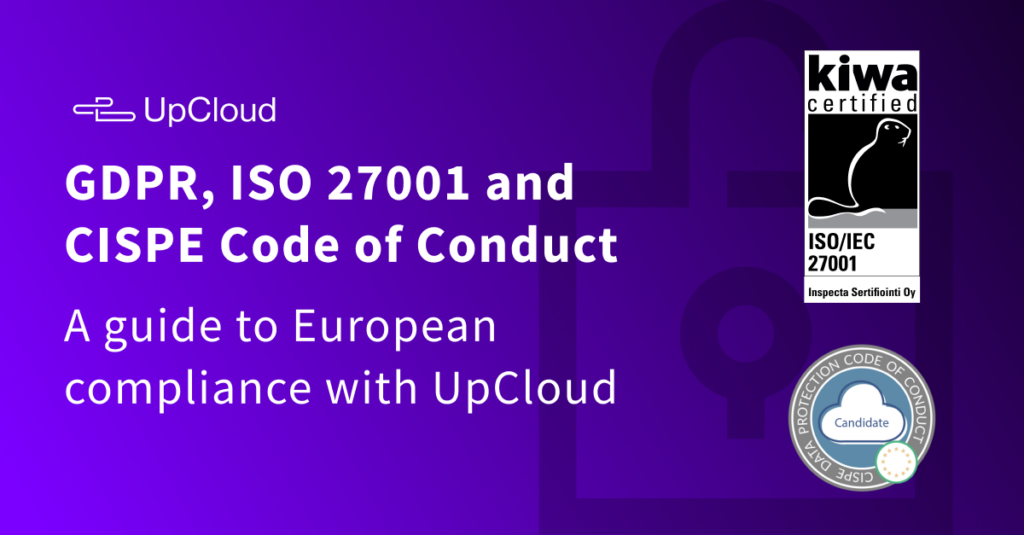In recent years, the adoption of cloud computing has transformed the way businesses operate and store their data. Yet, with this digital revolution comes mounting pressures regarding data security.
As organisations worldwide grapple with safeguarding their sensitive information, for businesses operating within Europe ensuring compliance is a business essential. This is no different in Sweden where customers are increasingly aware of data privacy.
Sweden holds a proud culture of privacy and transparency that extends into the business sphere, with companies operating within the region increasingly seeking the best solution when it comes to data security. This not only fosters trust between companies and their customers, but builds better business relations and loyalty.
With such commitment to ensuring data protection it is no surprise that many businesses operating within Sweden and providing services to public entities are evaluated on their commitment and policy regarding data protection. For companies this means ensuring your cloud provider is EU-based and operating from EU servers.
What’s more, data centres across Europe must adhere to rigorous standards, ensuring data availability even in the face of unforeseen challenges like power outages or natural disasters. This commitment to redundancy and reliability ensures that businesses can rely on their cloud solutions without compromising the security and accessibility of their data.
UpCloud launches new Swedish Data Centre
We are delighted to launch our new data centre in Stockholm, bringing Cloud Servers, MaxIOPS Block Storage, Managed Kubernetes, PostgreSQL, Redis and OpenSearch and many more cloud services. We continue to offer 100% uptime SLA, 24/7 technical support and the same great features and benefits our clients have come to know and love.
Businesses can now take advantage of reduced latency, boosting performance and enabling better business, in addition to peace of mind knowing that their data storage is GDPR compliant and housed on European soil.
The launch further cements UpCloud as the cloud provider of choice when it comes to ensuring regulatory compliance within the EU, allowing businesses to focus on what really matters – confident in the knowledge their data is protected.
Our new Stockholm DC is available as SE-STO1 on the UpCloud Control Panel and the API. If you choose to deploy your servers there, you can count on the same exceptional performance as offered across our other centres. Security and reliability standards guaranteed (ISO 27001 certified) to ensure your data’s safety, our data centres feature the modern and performant AMD EPYC processors to ensure your business runs smoothly.
Interested in our Stockholm data centre? Start deploying today or speak to our team to learn more!



